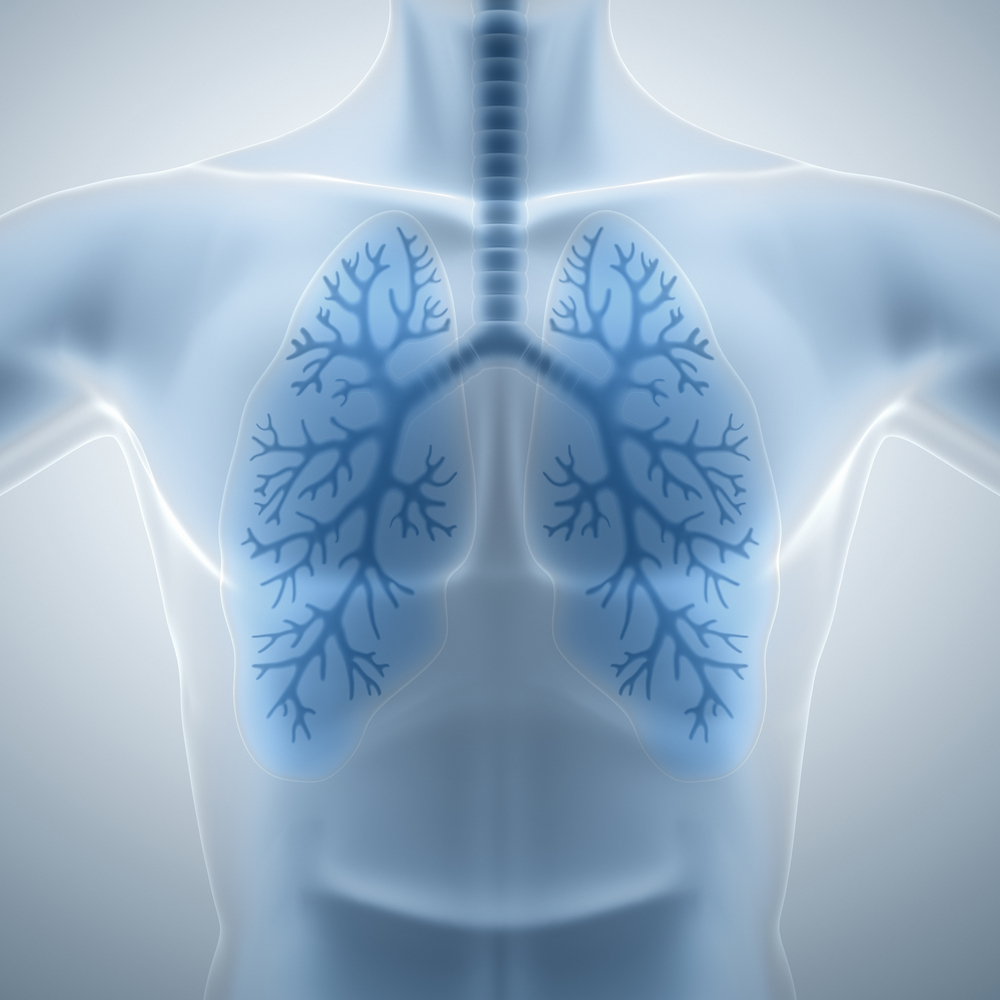 A clinical trial conducted by respiratory experts from the University of Leicester is supporting the development of a potentially innovative ‘breath test’ that will be able to diagnose lung cancer.
A clinical trial conducted by respiratory experts from the University of Leicester is supporting the development of a potentially innovative ‘breath test’ that will be able to diagnose lung cancer.
The LuCID (Lung Cancer Indicator Detection) programme is expected to provide a non-invasive approach to diagnose lung cancer even in its early stages of development. Owlstone Nanotech Ltd is the Cambridge-based company behind the device who preformed a health economic assessment that concluded the detection of early-stage lung cancer could be significantly improved from 14.5 percent (current value) to 25 percent in the year of 2020. This would translate into 10,000 lives saved and £250 million of the NHS money spared.
The device measures low concentrations of volatile organic compounds (VOCs) in a patient’s breath offering a smaller and considerable cheaper alternative to the already existing technologies.
Owlstone awarded £1 million to the research team to develop the second phase of the LuCID project – the clinical trials phase.
Owlstone’s co-founder, Mr. Billy Boyle, said in a press release: “If you could change only one thing in the fight against cancer, it would be to detect the disease earlier where existing treatments are already proven to save lives. FAIMS [Field Asymmetric Ion Mobility Spectrometry] technology has the potential to bring a quick and easy-to-use breath test to a GP’s office. Our team will not rest until we help stop the daily devastation that cancer brings to patients and their families.”
[adrotate group=”3″]
The clinical study is being headed by Salman Siddiqui, an adult chest physician at the University of Leicester and Glenfield Hospital and a clinical senior lecturer; the results are expected to be available in the beginning of 2016.
“Lung cancer has one of the lowest 5-year survival rates of all cancers, however early diagnosis can greatly improve a patient’s prognosis. Current diagnostic procedures such as a chest X-ray, CT scan and bronchoscopy are costly and not without risks so the benefits of a non-invasive, cheaper alternative are clear. This project will seek to identify and evaluate biomarkers in order to improve the accuracy and reliability of breath diagnostic methods. We will also be aiming to establish FAIMS as a faster, less expensive and more portable alternative to gas chromatography-mass spectrometry (GC-MS) for breath diagnosis applications,” concluded Siddiqui, emphasizing the impact this new technology might have in lung cancer and in the lives of those suffering with the disease.

